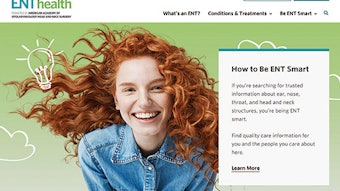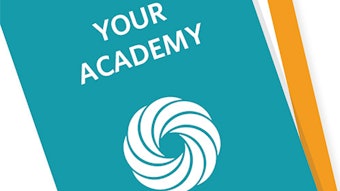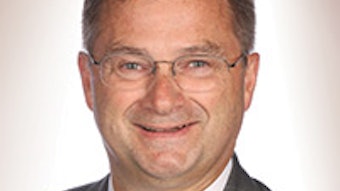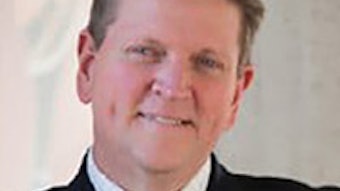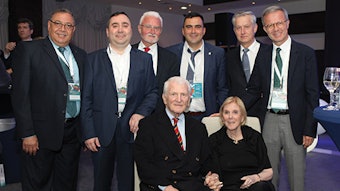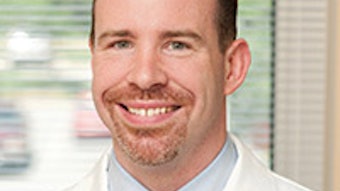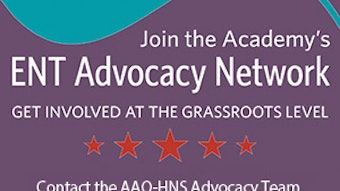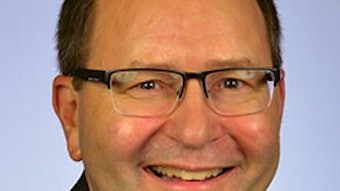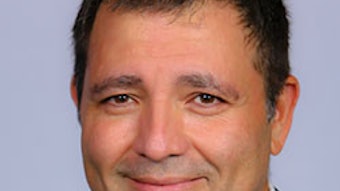Online content: Humanitarian service in Rwanda
Medical Missions for Children (MMFC) is a Massachusetts-based non-profit organization established by H. Dennis Snyder, MD 25 years ago, with a goal to build sustainable healthcare, education, and social services infrastructure in the underserved areas of the world. This is accomplished by fostering long-term relationships and sending volunteer teams on missions to over 15 countries each year.
Erin Haser, MD
Medical Missions for Children (MMFC) is a Massachusetts-based non-profit organization established by H. Dennis Snyder, MD 25 years ago, with a goal to build sustainable healthcare, education, and social services infrastructure in the underserved areas of the world. This is accomplished by fostering long-term relationships and sending volunteer teams on missions to over 15 countries each year.
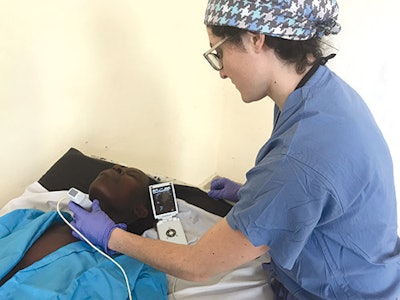
In 2004, MMFC started a thyroid goiter surgery mission to Gitwe, a remote village in Rwanda, under the leadership of Jagdish K. Dhingra, MBBS, FRCS. In May 2018, it completed its 13th annual mission, and I was fortunate enough to participate as a fourth-year otolaryngology resident.
Rwanda is a small nation in sub-Saharan Africa, the size of the state of Michigan, with a population of over 10 million. Iodine deficiency goiter is endemic in this part of the world. The patients we care for on these missions have WHO grade 3/4 goiters with compressive symptoms.
Rwanda Goiter Mission is a collaboration between MMFC and the Anesthesia Department at the University of Nebraska Medical Center (UNMC). Our team totaled 20 members, including three surgical attendings and two residents. MMFC has fostered a strong relationship with the community and staff at Gitwe Hospital. The U.S. team was assisted and complemented by the local team of physicians, nurses, hospital administration, and interpreters. The host family welcomed us and opened their homes to us.
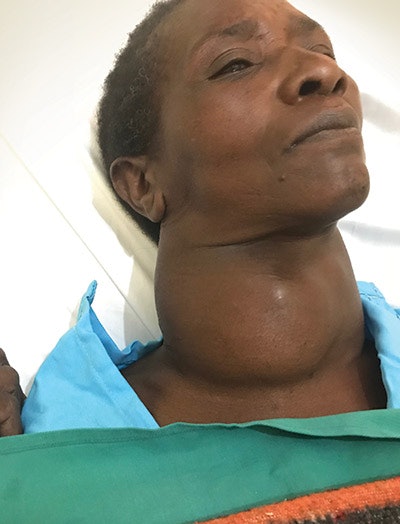
The news of the mission is spread to the public through newspaper, radio, television, and social media. Pre-screening is performed by Gitwe Hospital internists over three months. Final screening, including review of thyroid function status and neck ultrasound scan, is completed by our team the first two days of the mission. We screened 75 patients, out of which 30 were operated on over five days. All patients have postoperative vocal cord mobility checked by portable ultrasound at the time of drain removal on Postop Day 1.
On the final day of our trip, we returned to Kigali, the capital city, where I had the honor of visiting the Kigali Genocide Museum. This museum was developed in 2004 to commemorate the victims of the 1994 genocide. I was humbled to walk through this museum and realize the history of the patients I had treated. It was a privilege to share my knowledge and skills with these well-deserving people. I admire the love, kindness, and stoicism of my patients, and hope to return in the future to continue the great work that MMFC and UNMC have begun.
I encourage any resident or young surgeon to participate in a humanitarian trip, as it will change you personally and professionally for the better.
I would like to thank the American Academy of Otolaryngology–Head and Neck Surgery for the travel grant, allowing me the opportunity to attend this mission trip through their generous funds. I can confidently say that this trip reaffirmed my commitment to the underserved population both domestically and abroad. I plan to participate at least annually in such a trip in my forthcoming career.
